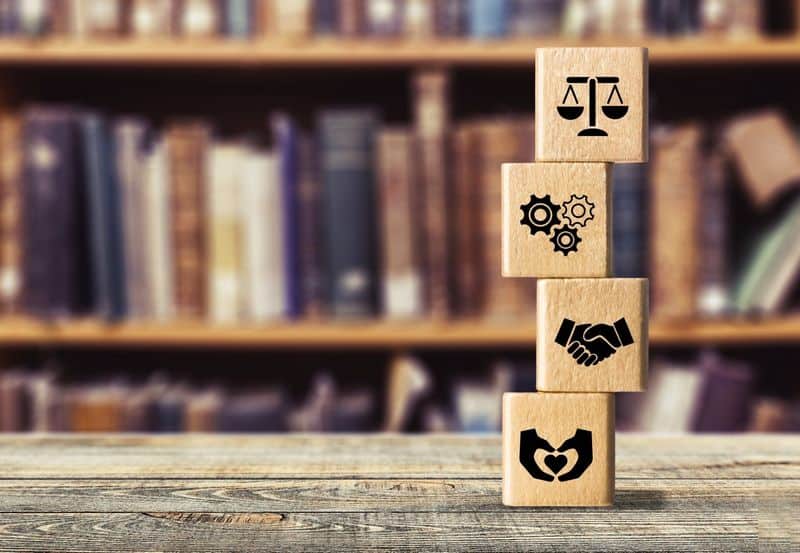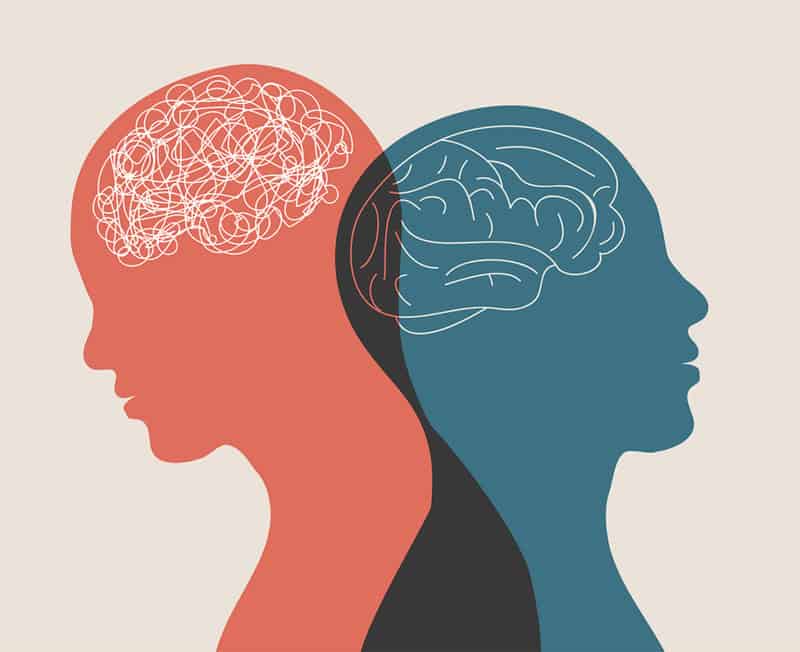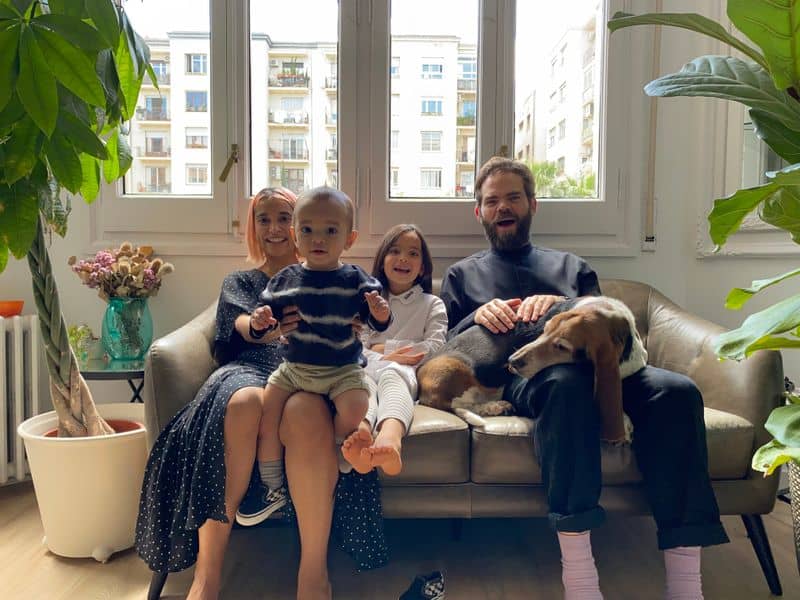As people age, their perspectives on family relationships often evolve. The decision to create distance from family is a complex and deeply personal choice that many individuals face as they mature. This decision can stem from a variety of reasons, ranging from the pursuit of personal growth to the need for emotional wellbeing.
Creating distance doesn’t always signify a permanent severance but rather a necessary step towards self-discovery and happiness. In this blog post, we’ll explore 11 compelling reasons why people might choose to distance themselves from family as they grow older, shedding light on the intricate dynamics that influence these decisions.
1. Personal Growth and Independence

As individuals mature, they often seek personal growth and independence. This journey can lead them away from familial influences, allowing them to discover their true selves. The pursuit of individual identity sometimes necessitates physical or emotional distance from family. This isn’t about cutting ties but finding one’s path. Exploring who you are outside family norms can be empowering. For many, distancing is a step toward personal freedom, enabling them to live authentically. It’s about self-exploration and creating a life aligned with personal values and desires, without familial expectations weighing them down.
2. Differing Values and Beliefs

As people age, they might find that their values and beliefs diverge from those of their family. This divergence can cause tension, leading to a natural distancing. While families often share core values, individual experiences shape personal beliefs. When these beliefs clash, it may create uncomfortable dynamics. Respecting differing viewpoints is crucial, yet some find peace by stepping back. The distance allows for reflection and personal alignment. By prioritizing their beliefs, individuals can maintain integrity and foster environments that support their principles.
3. Toxic Family Dynamics

In some families, toxic dynamics are prevalent, affecting emotional and mental health. Recognizing these patterns often leads individuals to create distance for self-preservation. Toxicity can manifest as manipulation, judgment, or constant criticism. Over time, this can erode self-esteem and happiness. Choosing to step away isn’t easy but essential for healing and self-respect. By reducing interaction, individuals can protect their well-being and seek healthier relationships. This distance can be temporary or permanent, depending on personal needs and family willingness to change.
4. Pursuit of New Opportunities

Chasing new opportunities often requires geographical relocation, unintentionally creating distance from family. Career aspirations, educational pursuits, or lifestyle changes can necessitate physical separation. This isn’t about abandoning family but embracing growth and future prospects. New environments offer fresh perspectives, aiding personal and professional development. Distance can also foster appreciation for familial bonds, making visits more meaningful. Balancing new opportunities with family connections is key. It’s about embracing change while cherishing long-distance relationships, ensuring familial ties remain strong and supportive despite the miles.
5. Emotional and Mental Wellbeing

Prioritizing emotional and mental health is a significant reason for distancing from family. Family interactions can sometimes be draining, necessitating a step back for mental clarity. This doesn’t imply dislike but a need for self-care. Distance can offer the space to process emotions and heal. It’s about creating a healthy, balanced life where personal needs are met. Through this space, individuals can establish boundaries, fostering healthier interactions. Taking time for oneself is essential, and sometimes, distance is the best path to achieving emotional stability and inner peace.
6. Overcoming Past Trauma

For some, family relationships are intertwined with past traumas. Distancing becomes a means of healing and moving forward. While family bonds are strong, they can also be reminders of painful memories. Creating space allows individuals to address these traumas independently, seeking closure and growth. It’s an act of self-compassion, enabling healing without constant reminders of the past. This distance is not necessarily permanent but part of the recovery journey. It’s about reclaiming one’s narrative and building a future unshadowed by past events.
7. Desire for Privacy

Privacy becomes increasingly important as individuals age. Families, albeit well-meaning, can sometimes overlook this need. Distancing is a way to establish boundaries and protect personal space. It’s not about secrecy but about respecting individual autonomy. Privacy allows for introspection and personal development. It fosters a sense of control over one’s life. By creating distance, individuals can assert their needs and communicate the importance of personal space. It’s about finding balance, ensuring that family connections respect privacy and allow for individual growth.
8. Building a New Family

Forming a new family unit often shifts focus away from the extended family. Prioritizing a partner and children requires time and energy, naturally creating distance. This shift doesn’t mean abandoning family but nurturing new bonds. Balancing these relationships is crucial for a harmonious life. As new families are built, individuals learn to integrate traditions while establishing their own. This process is about growth and adaptation. It’s a natural progression, where the primary focus becomes the immediate family, ensuring their needs are met while maintaining extended family connections.
9. Cultural or Generational Differences

Cultural and generational differences can create barriers within families. As societies evolve, individuals often embrace new ideas, sometimes clashing with traditional family values. This difference can lead to misunderstandings, prompting the need for distance. It’s about bridging gaps while respecting individual choices. Distancing isn’t about rejection but finding common ground amidst diversity. By stepping back, individuals can align themselves with values that resonate with them. This distance fosters understanding while maintaining familial love and respect. It’s about adapting to change and embracing diversity.
10. Financial Independence and Responsibilities

Achieving financial independence often results in individuals distancing from family. This independence brings new responsibilities and priorities. The focus shifts towards managing finances and personal commitments. Family becomes a part of larger life responsibilities, requiring balance. This distancing isn’t about neglect but about prioritizing crucial aspects of life. By handling financial matters independently, individuals gain confidence and self-sufficiency. This distance allows for personal growth and responsible living. It’s about managing one’s life effectively, ensuring that family remains important but not overwhelming.
11. Seeking Peaceful Living

Seeking peace is a powerful motivator for distancing from family. For some, family environments are chaotic, hindering tranquility. Creating distance becomes essential for maintaining a peaceful lifestyle. This isn’t about abandoning love but finding serenity. By stepping away, individuals can cultivate calmness and focus on personal happiness. It’s about creating a life that prioritizes peace over turmoil. This distance allows for reflection and the pursuit of a harmonious existence. It’s a choice for wellbeing, ensuring that life is centered around joy and contentment, away from familial chaos.

Well, hello there!
My name is Jennifer. Besides being an orthodontist, I am a mother to 3 playful boys. In this motherhood journey, I can say I will never know everything. That’s why I always strive to read a lot, and that’s why I started writing about all the smithereens I came across so that you can have everything in one place! Enjoy and stay positive; you’ve got this!

